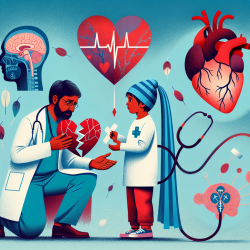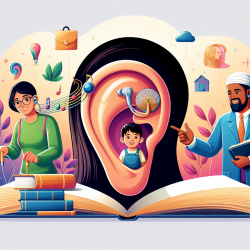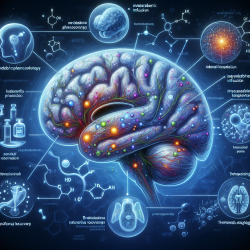Adverse Childhood Experiences (ACEs) are known to have profound impacts on long-term health outcomes, including cardiovascular health. The Niagara Longitudinal Heart Study (NLHS) provides a comprehensive look at how these early life stressors can influence cardiovascular development from childhood into early adulthood. This blog will explore key findings from the study and offer insights for practitioners looking to integrate these findings into their practice.
The Link Between ACEs and Cardiovascular Health
ACEs encompass a range of negative experiences during childhood, such as abuse, neglect, and household dysfunction. Research has consistently shown that these experiences are linked to increased risks of cardiovascular disease (CVD) in adulthood. The NLHS aims to uncover the mechanisms behind this link by examining both psychosocial and physiological factors.
Key Findings from the Niagara Longitudinal Heart Study
- Psychosocial Factors: The study highlights the significant role of psychosocial stressors in mediating the relationship between ACEs and CVD. Factors such as depression, anger, and social stress have been identified as key mediators.
- Physiological Mechanisms: The research suggests that ACEs may lead to chronic inflammation through dysregulation of biological systems like the hypothalamic-pituitary-adrenal axis. This chronic inflammatory state can adversely affect cardiovascular health.
- Gender Differences: The study also notes differences in how ACEs affect males and females, indicating the need for gender-specific approaches in both research and treatment.
Implications for Practitioners
Practitioners working with children or adults who have experienced ACEs should consider integrating psychosocial assessments into their practice. Understanding a patient's history of childhood adversity can provide valuable context for their current health status and guide more effective interventions.
Actionable Steps:
- Screen for ACEs: Incorporate screening tools for ACEs into routine assessments to identify individuals at risk.
- Focus on Psychosocial Interventions: Develop intervention strategies that address psychosocial stressors such as depression and anxiety, which are linked to CVD risk.
- Collaborate with Mental Health Professionals: Work closely with psychologists or counselors to provide comprehensive care that addresses both physical and mental health needs.
- Pursue Further Research: Stay informed about ongoing research in this area to continually refine your practice based on emerging evidence.
The Path Forward
The NLHS underscores the importance of a multidimensional approach when addressing the long-term impacts of ACEs on cardiovascular health. By understanding the complex interplay between psychosocial and physiological factors, practitioners can better support their patients in achieving optimal health outcomes.
To read the original research paper, please follow this link: Adverse childhood experiences (ACEs) and cardiovascular development from childhood to early adulthood: study protocol of the Niagara Longitudinal Heart Study.










